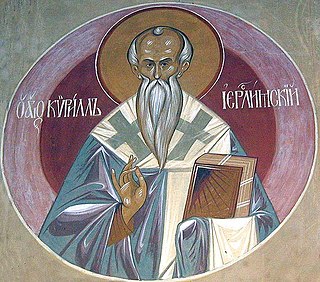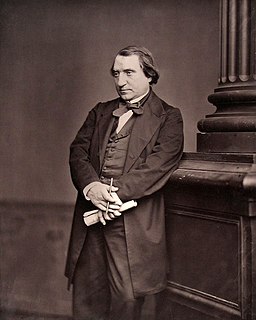A Quote by Jonathan Edwards
But it is doubtless true, and evident from [the] Scriptures, that the essence of all true religion lies in holy love; and that in this divine affection, and an habitual disposition to it, and that light which is the foundation of it, and those things which are the fruits of it, consists the whole of religion.
Related Quotes
But yet it is evident that religion consists so much in affection, as that without holy affection there is no true religion; and no light in the understanding is good which does not produce holy affection in the heart: no habit or principle in the heart is good which has no such exercise; and no external fruit is good which does not proceed from such exercises.
Religion consists much in holy affection; but those exercises of affection which are most distinguishing of true religion are these practical exercises. Friendship between earthly friends consists much in affection; but those strong exercises of affection that actually carry them through fire and water for each other are the highest evidences of true friendship.
In all things that you find in the Holy Scriptures, seek out the purpose of the words, that you may enter into the depth of the thoughts of the saints and understand them with greater exactness. Do not approach the reading of the Divine Scriptures without prayer and asking the help of God. Consider prayer to be the key to the true understanding of that which is said in the Holy Scriptures.
In regard to the divine and holy mysteries of the faith, not the least part may be handed on without the Holy Scriptures. Do not be led astray by winning words and clever arguments. Even to me, who tell you these things, do not give ready belief, unless you receive from the Holy Scriptures the proof of the things which I announce. The salvation in which we believe is not proved from clever reasoning, but from the Holy Scriptures.
Never has any one been less a priest than Jesus, never a greater enemy of forms, which stifle religion under the pretext of protecting it. By this we are all his disciples and his successors; by this he has laid the eternal foundation-stone of true religion; and if religion is essential to humanity, he has by this deserved the Divine rank the world has accorded him.
True humanity consists not in a squeamish ear; it consists not in starting or shrinking at tales of misery, but in a disposition of heart to relieve it. True humanity appertains rather to the mind than to the nerves, and prompts men to use real and active endeavors to execute the actions which it suggests.
No religion is absolutely perfect. Yet not only do we fight for religion, but also are we often willing to sacrifice our lives for it. And what we hopelessly fail to do is to live it. A true religion is that which has no caste, no creed, no colour. It is but an all-uniting and all-pervading embrace.
Art is not a substitute religion: it is a religion (in the true sense of the word: 'binding back', 'binding' to the unknowable, transcending reason, transcendent being). But the church is no longer adequate as a means of affording experience of the transcendental, and of making religion real - and so art has been transformed from a means into the sole provider of religion: which means religion itself.
When we have entered into divine covenants, the Holy Ghost is our comforter, our guide, and our companion. The fruits of the Holy Spirit are "the peaceable things of immortal glory; the truth of all things; that which quickeneth all things, which maketh alive all things; that which knoweth all things, and hath all power according to wisdom, mercy, truth, justice, and judgment" (Moses 6:61). The gifts of the Holy Spirit are testimony, faith, knowledge, wisdom, revelations, miracles, healing, and charity, to name but a few.
Who will deny that true religion consists, in a great measure, in vigorous and lively actings of the inclination and will of the soul, or the fervent exercises of the heart? That religion which God requires, and will accept, does not consist in weak, dull, and lifeless, wishes, raising us but a little above a state of indifference.



































